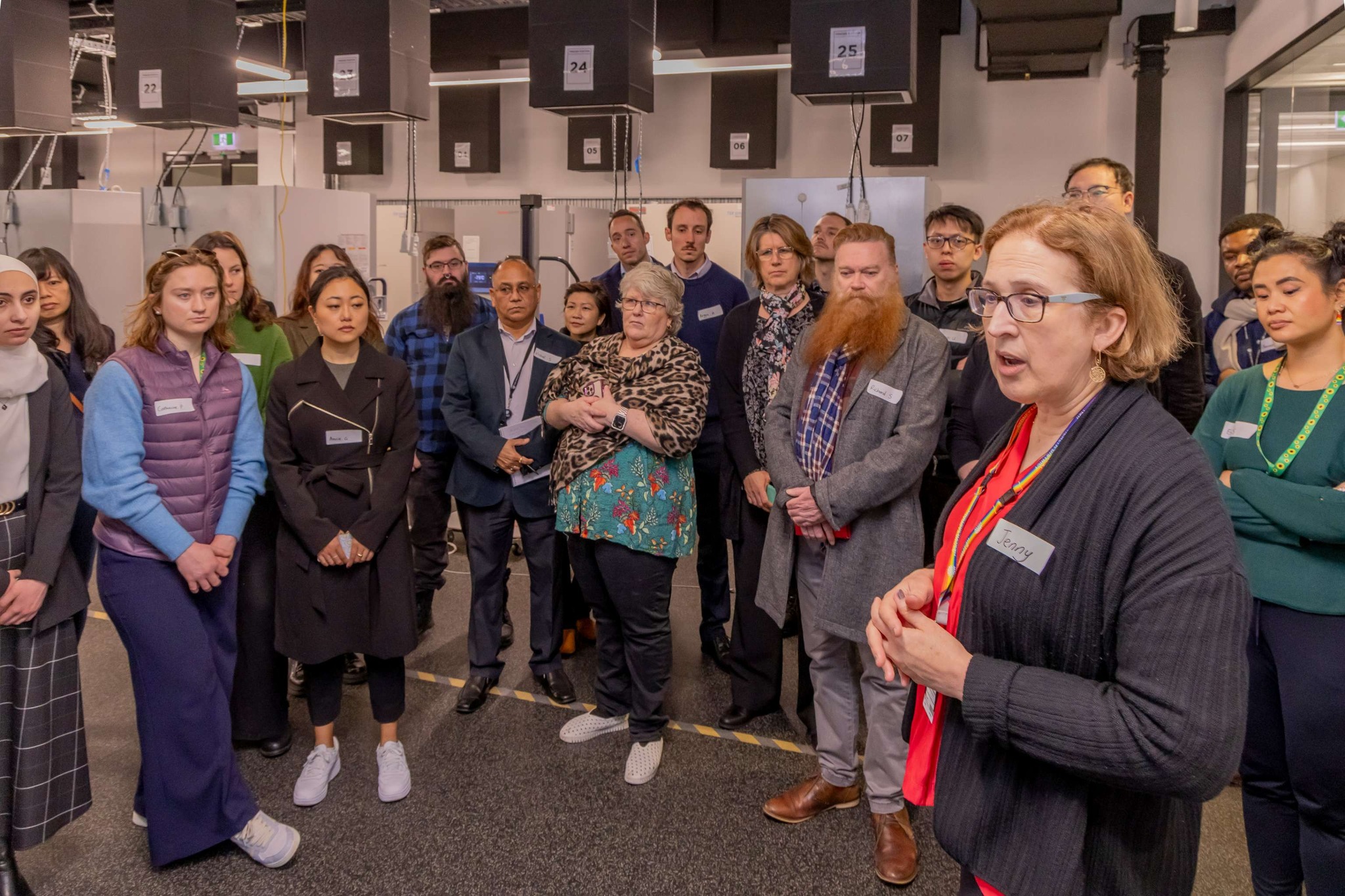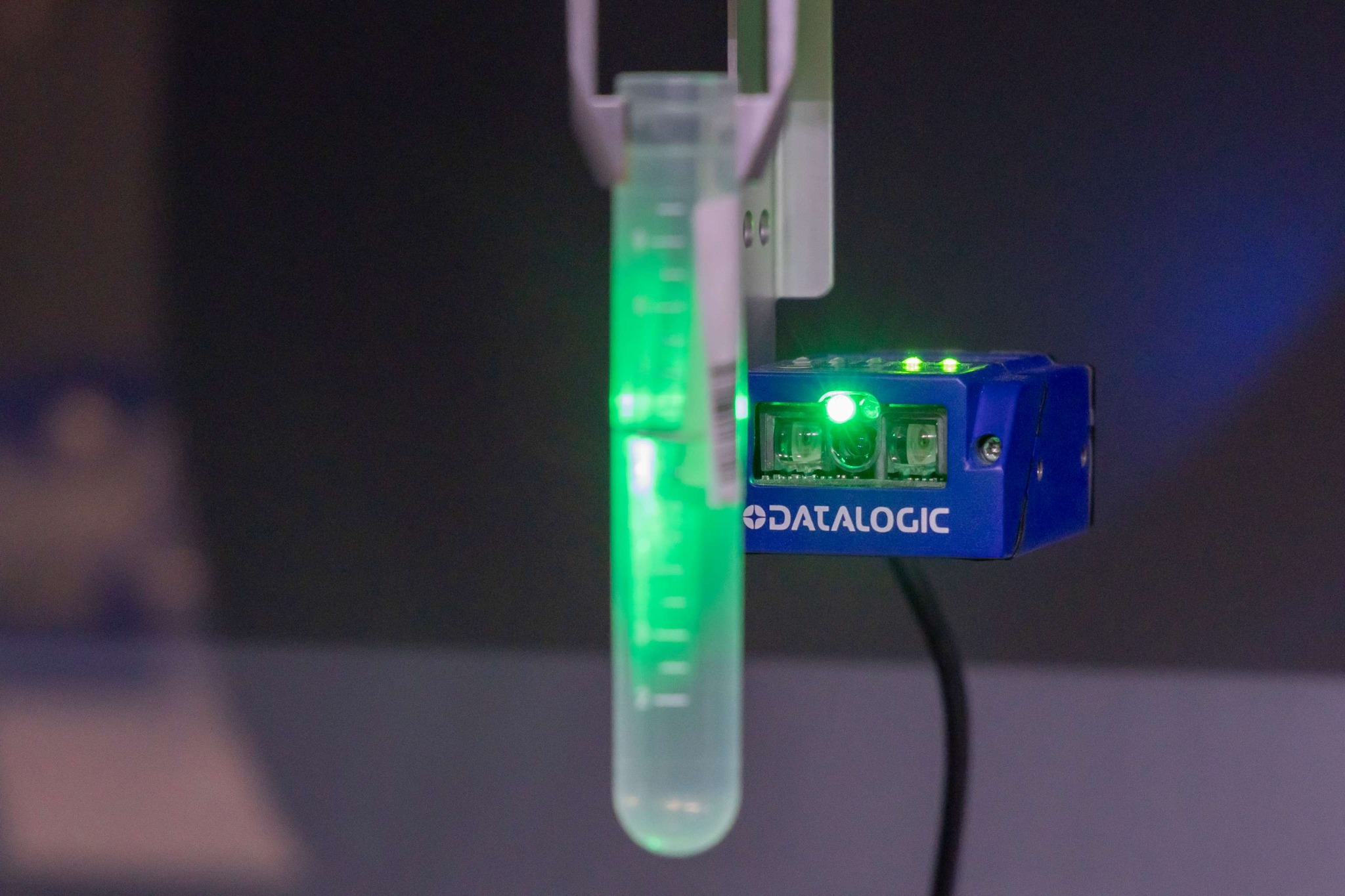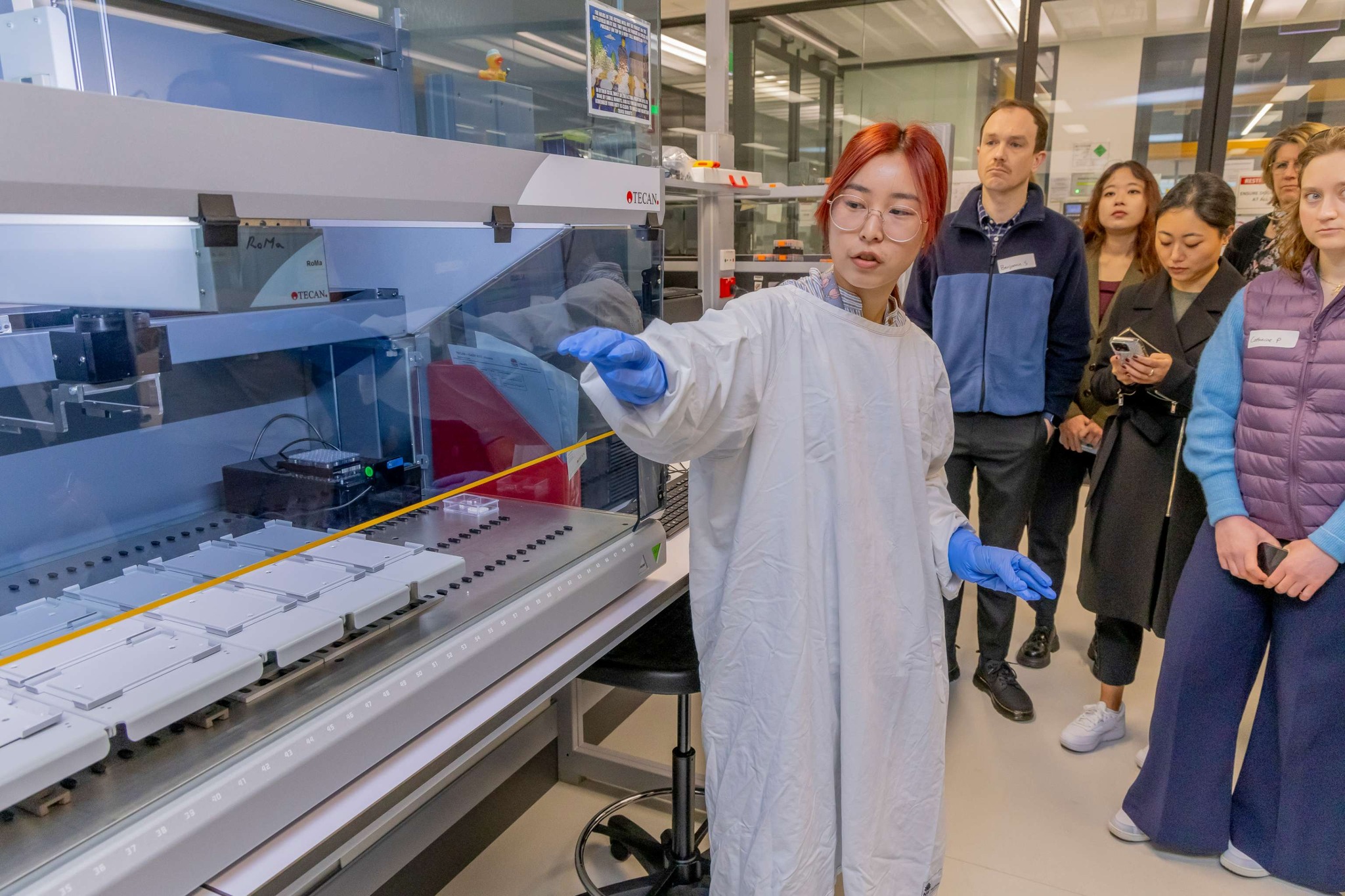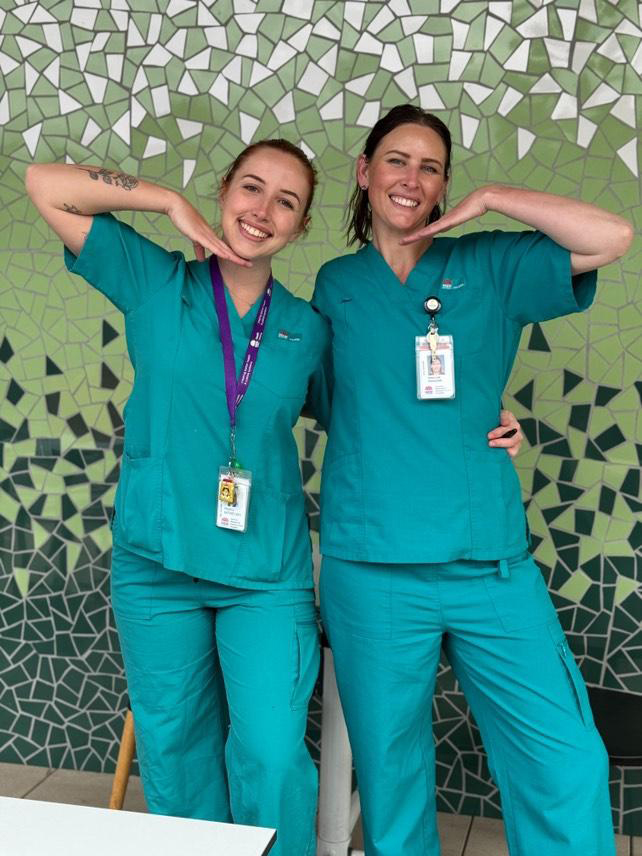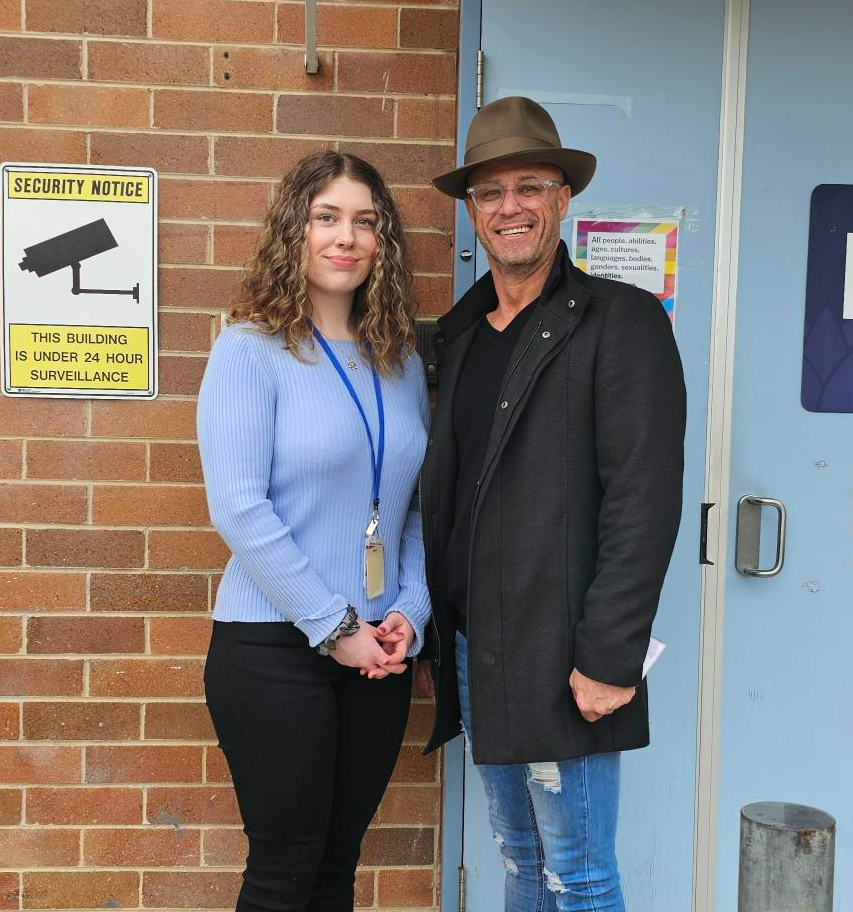There’s something magical about the way food can bridge cultures, spark conversations, and foster genuine connection— and this was on full display at our Nepean Laboratory’s recent “Taste of Harmony” multicultural lunch.
Staff from across all departments recently gathered to share dishes from their heritage, showcasing flavours and traditions from around the world.
From aromatic Biryani of India and Bangladesh to the sweet crunch of Appeltaart from the Netherlands, the event was a spectacular journey across continents—without needing a passport or leaving the tearoom!
Dave Gomez, Nepean’s Pre-Analytical Lab Manager said the multicultural lunch was a special way to celebrate the diversity of the Nepean team.
“It gives everyone a chance to share food from their background, connect with one another and learn about each other’s culture”.”
Collector, Daniel Phanthana agreed.
“Food is the universal language; it brings us together to celebrate each other’s culture,” he said.
Colleagues Hiral Patal and Avaniben Joshi from the Pre-Analytical Department echoed this sentiment, noting how the event not only celebrated global cuisines but also brought staff from different departments together in new ways.
Some of the mouthwatering dishes included:
- Katta & Seeni Sambal, Fish Cutlets, Milk Rice and Koksi from Sri Lanka.
- Samosa and Gulab Jamun & Biryani from India and Bangladesh.
- Chicken Adobo, Pichi Pichi, Sisig, Empanada and Ube Halaya cake from The Philippines.
- Rocky Road, Pavlova & Caramel Slice from Australia.
- Momo from Nepal
- Manto from Afghanistan
- Persian Sohan Gaz and organic dates from Iraq
A big thank you to Estelle Baldomero and Norlita Torres for organising and decorating.
Congratulations to the team at our Nepean Laboratory for organising such a wonderful event that brought so many people together!


